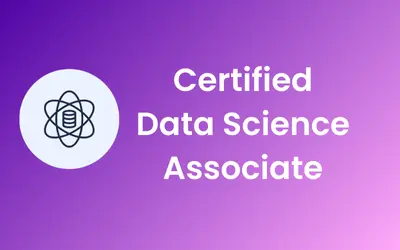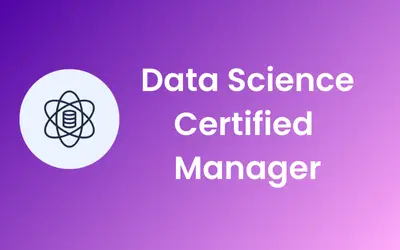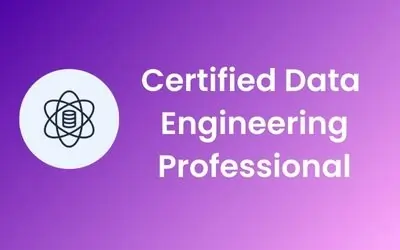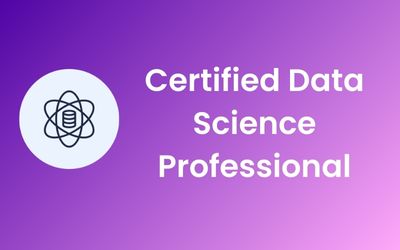Certified Data Science Associate
SF-DS-DSA-1311
-

-
(221 Reviews)
- Skills: Master in-demand skills like data analysis, machine learning, and programming languages like Python and R.
- Career: Unlock your career opportunities in industries such as tech, finance, healthcare, and more with high-demand data science skills.
- Internship: Dive into the course risk-free with our 1-month unpaid trial period. Experience the quality of our instruction and curriculum before making any commitment.























